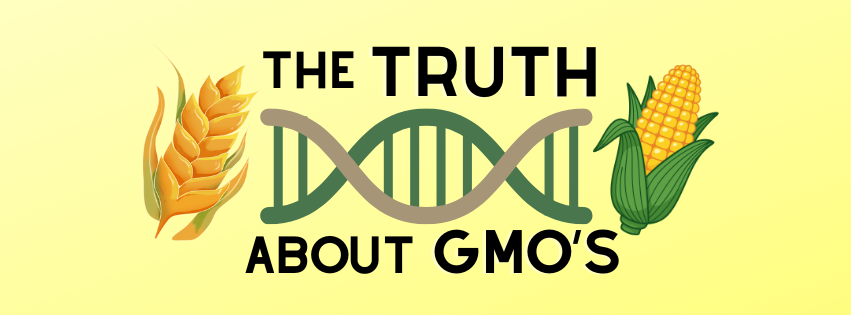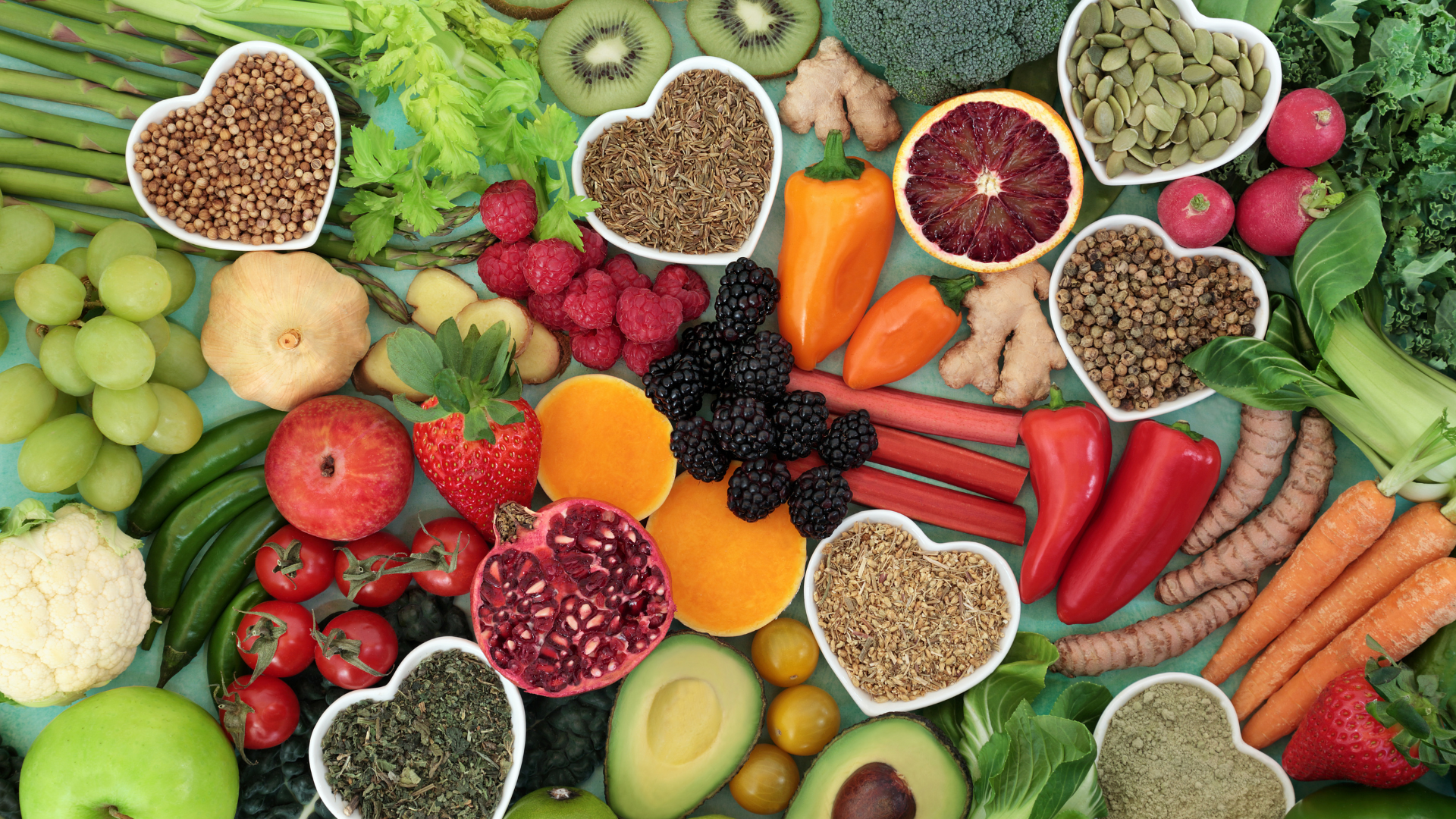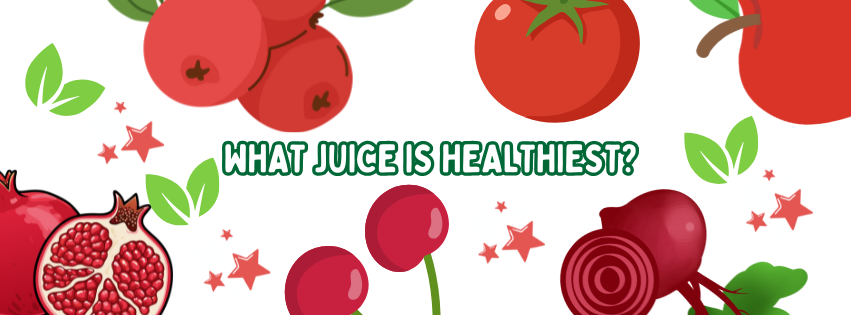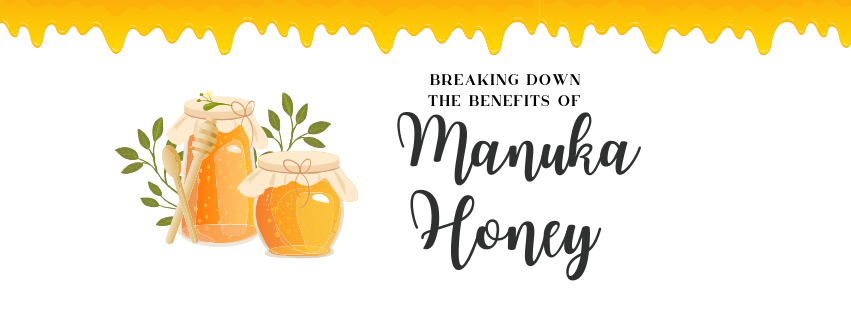HOW TO MAKE THE SHIFT TO ORGANIC?
Deciding how to introduce organic foods to your diet can feel overwhelming, but there is a quick way to get started.
We suggest you use the “dirty dozen” or the “clean 15” lists as guides to prioritize your organic purchases. For example, the “dirty dozen” features the top 12 fruits and vegetables that contain the most pesticides.
On this year’s list are strawberries, spinach, grapes, peaches, cherries, pears, apples, nectarines, sweet bell peppers, tomatoes, celery and potatoes.
Every step you take matters.












